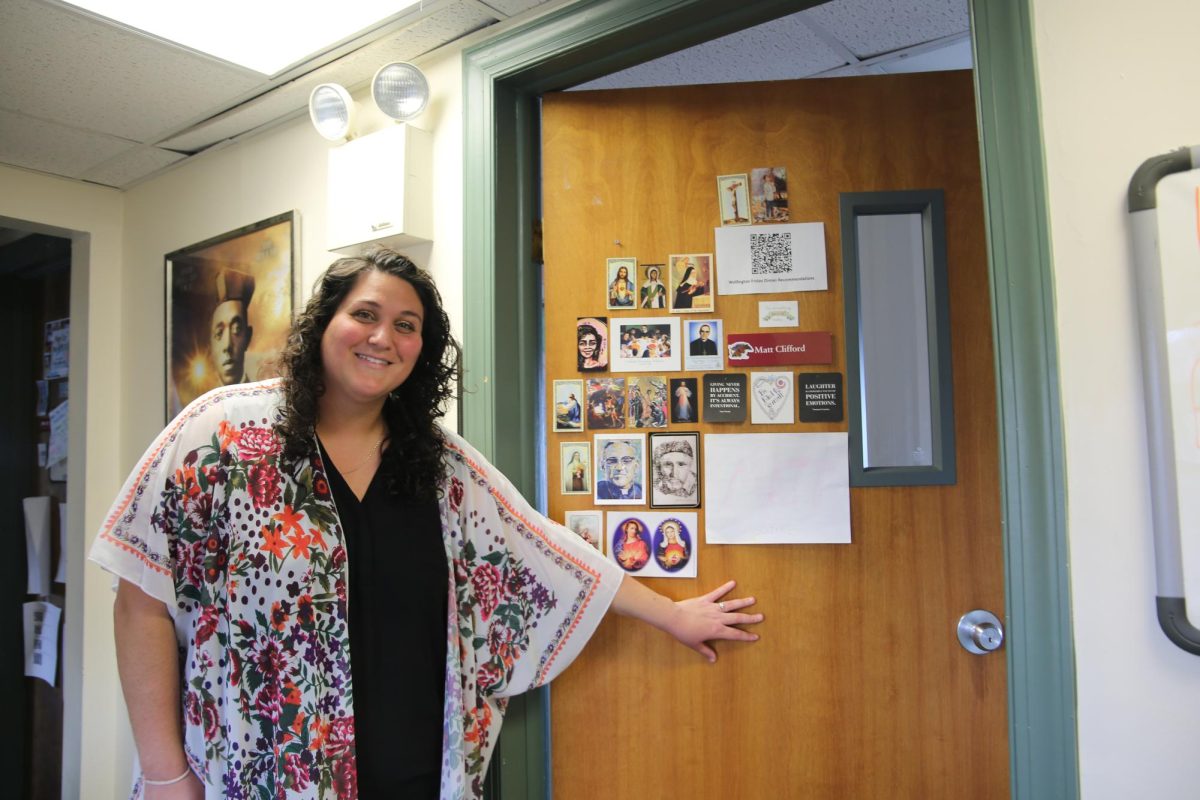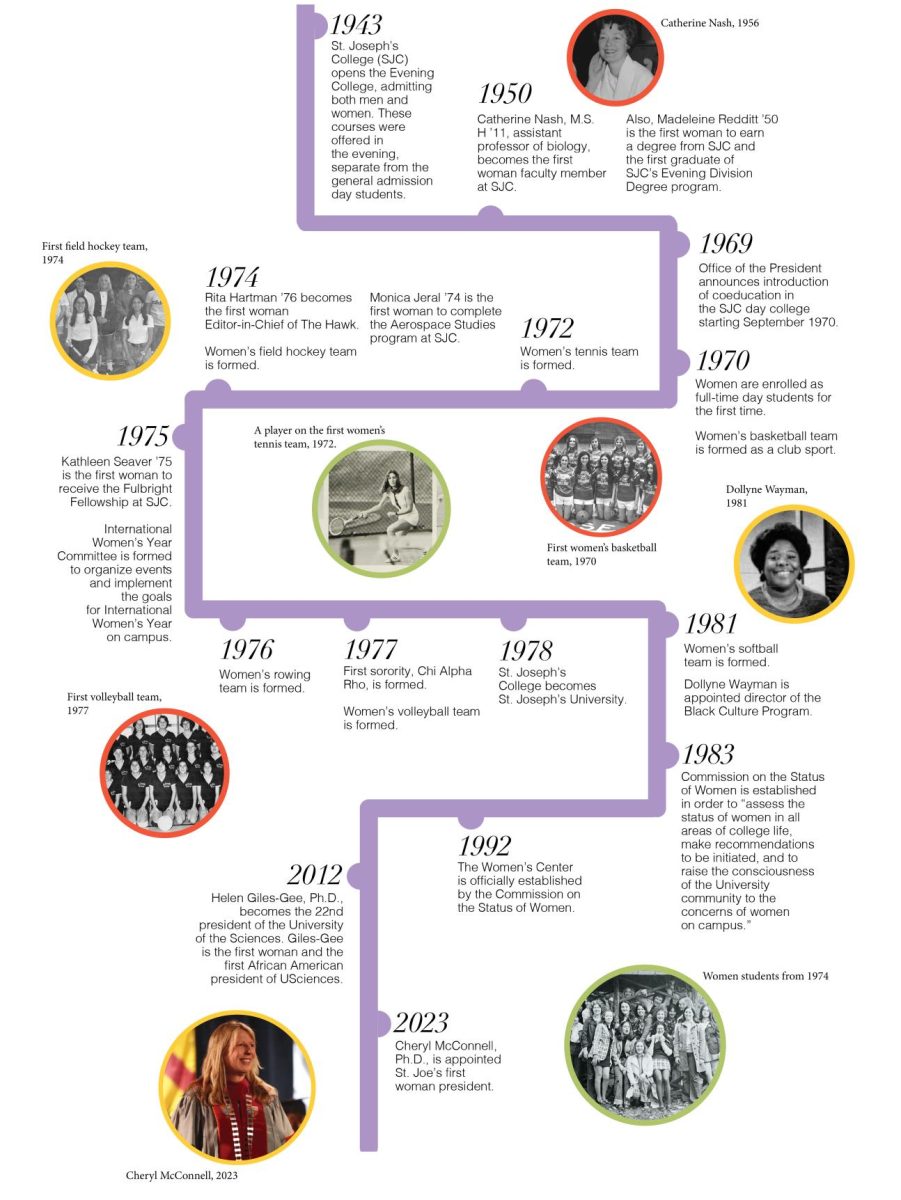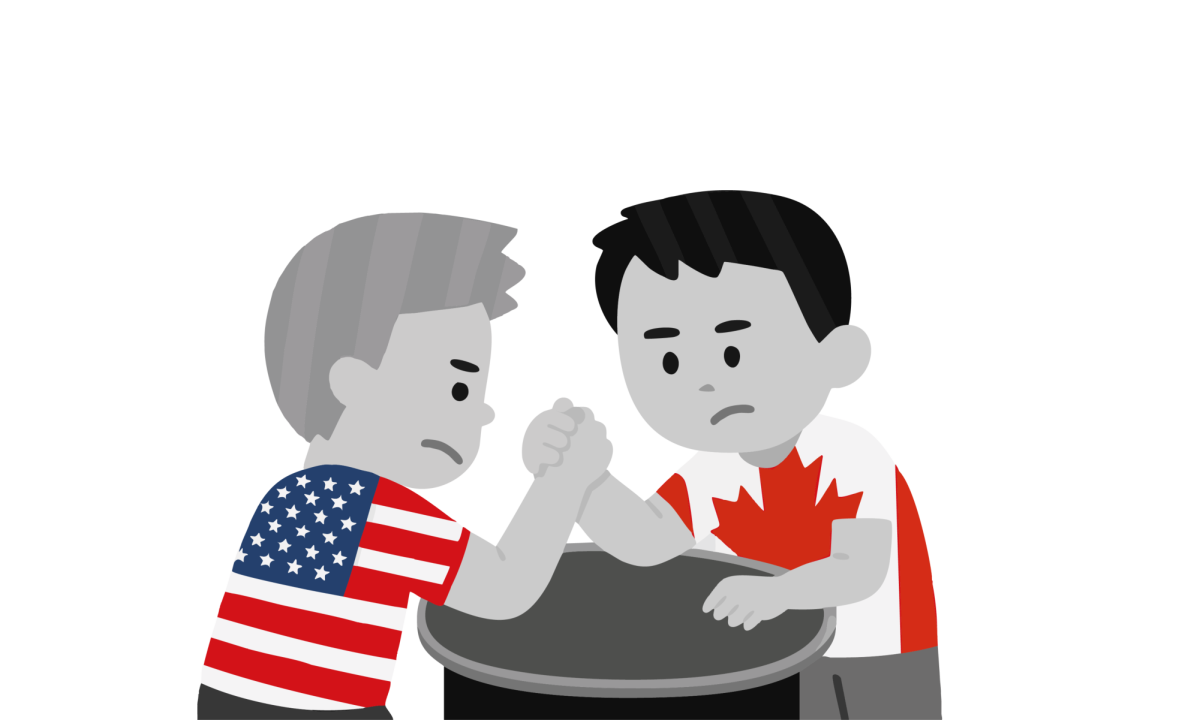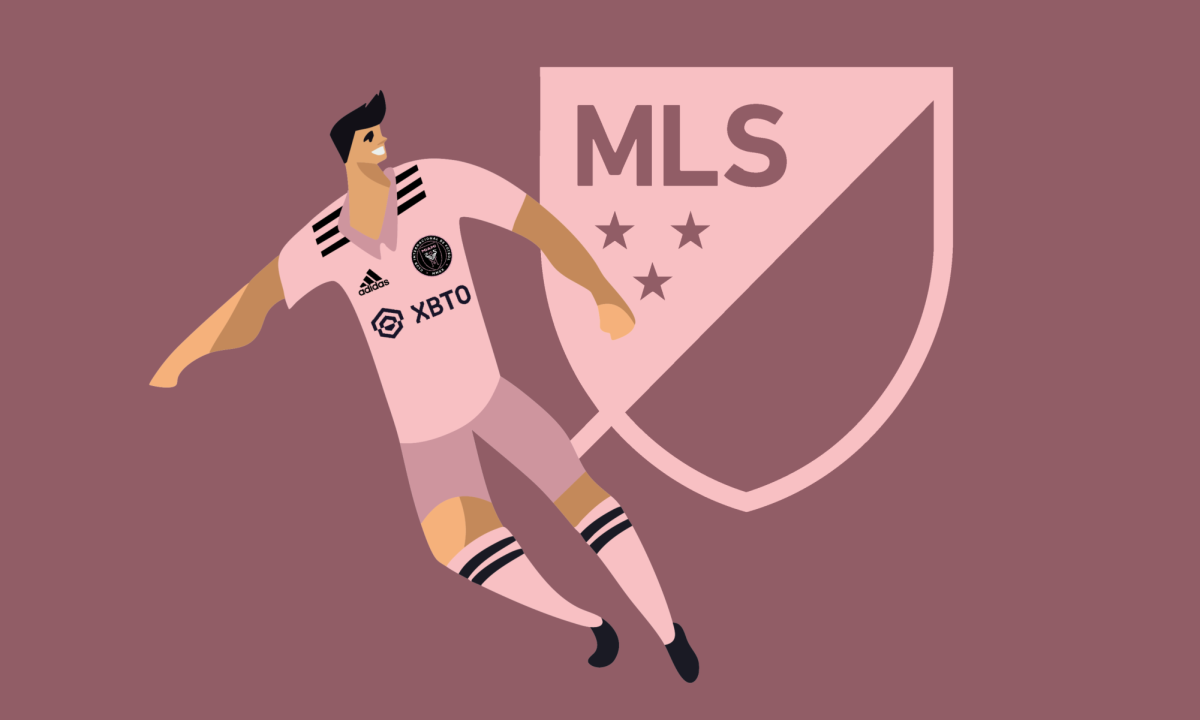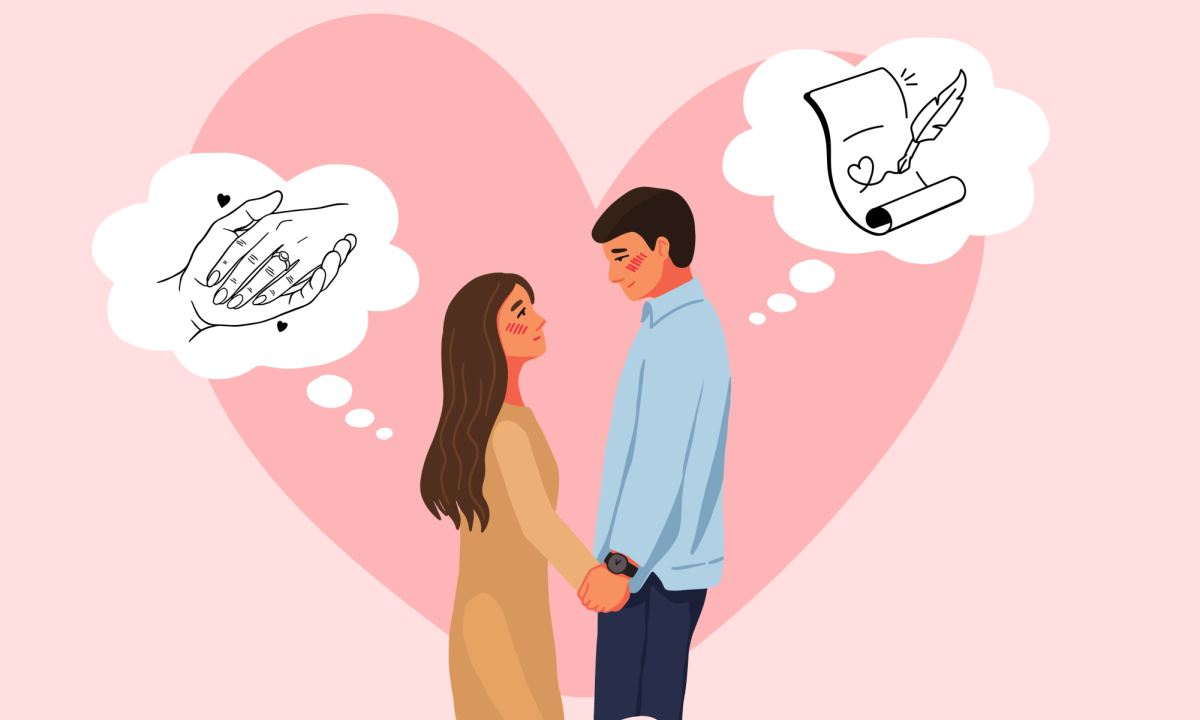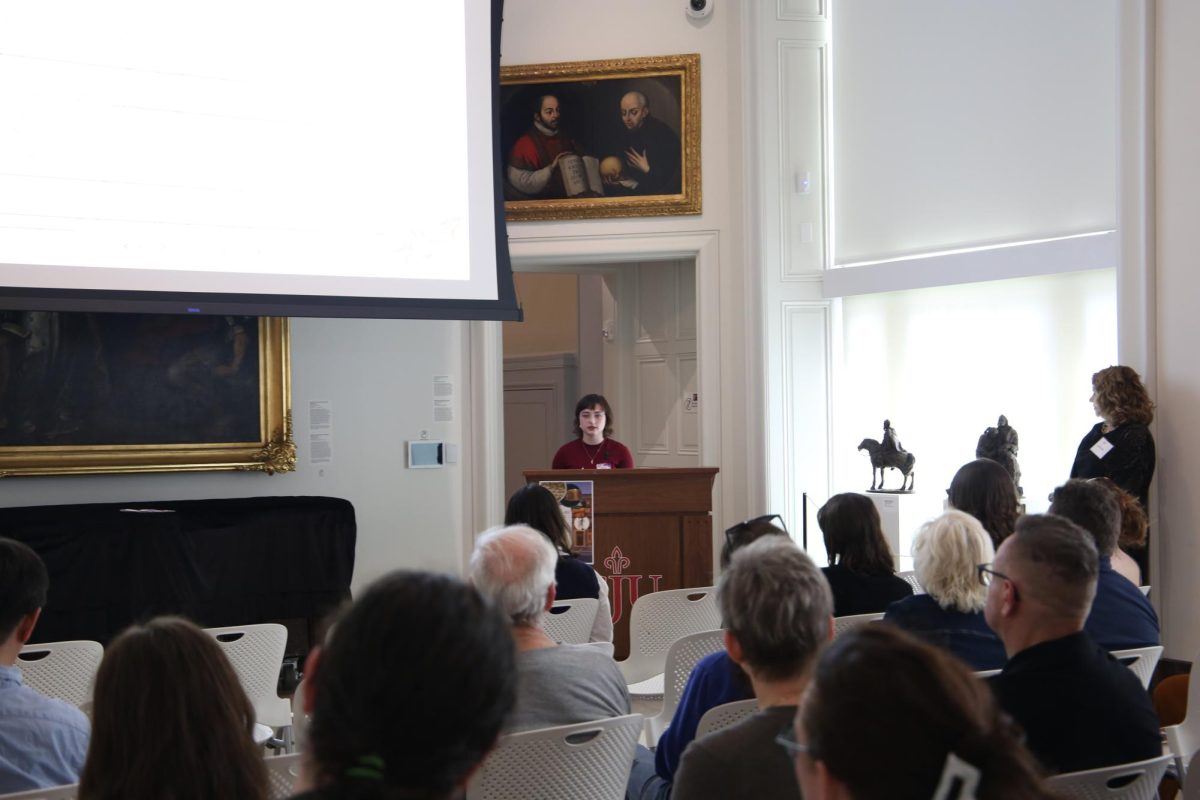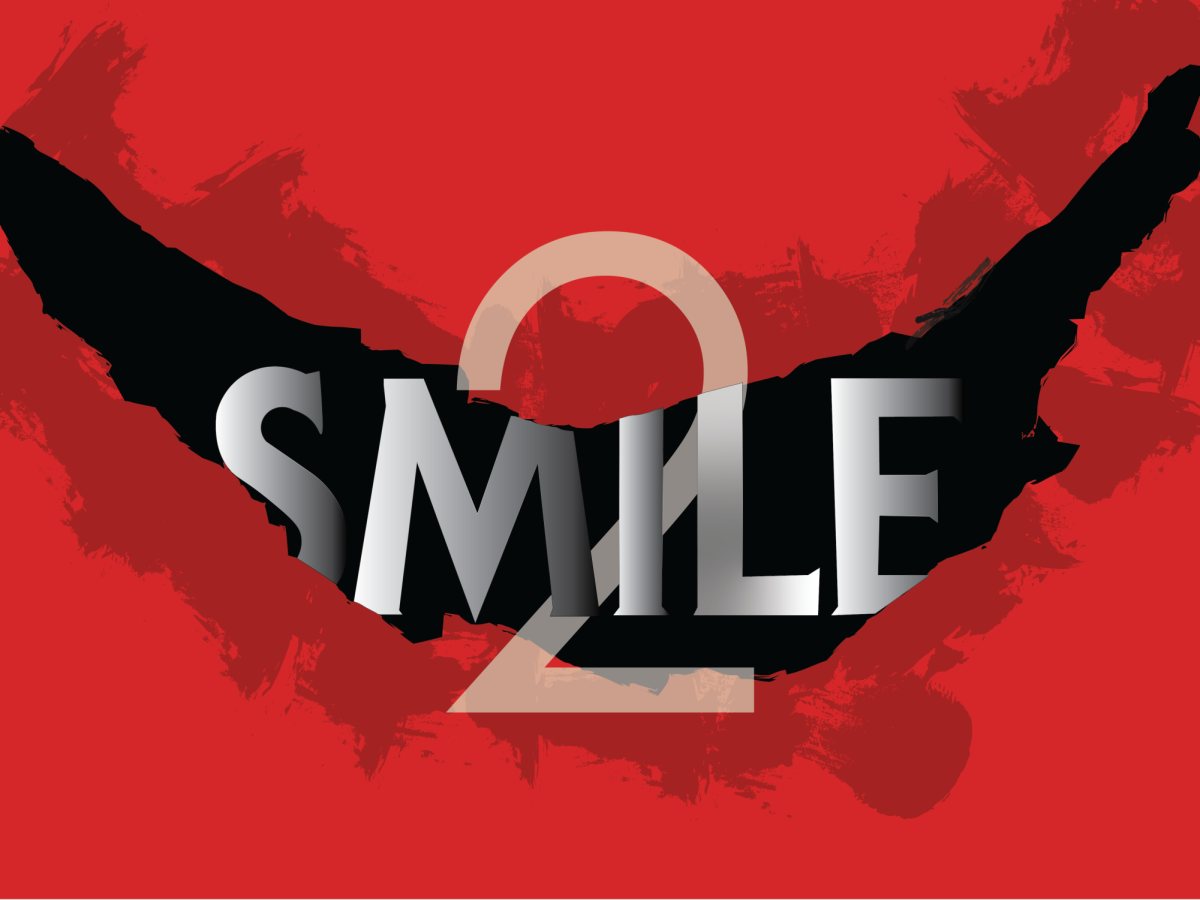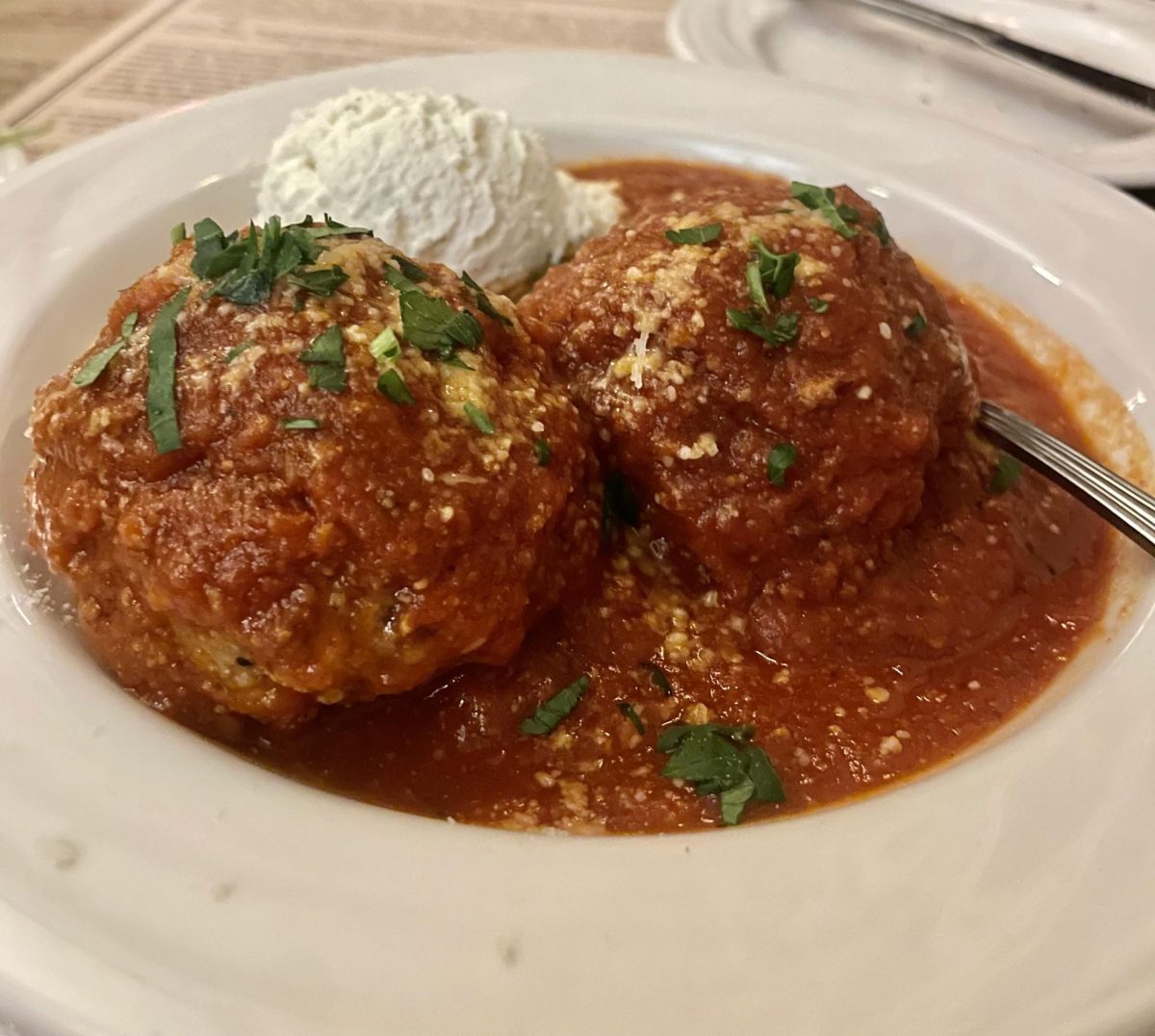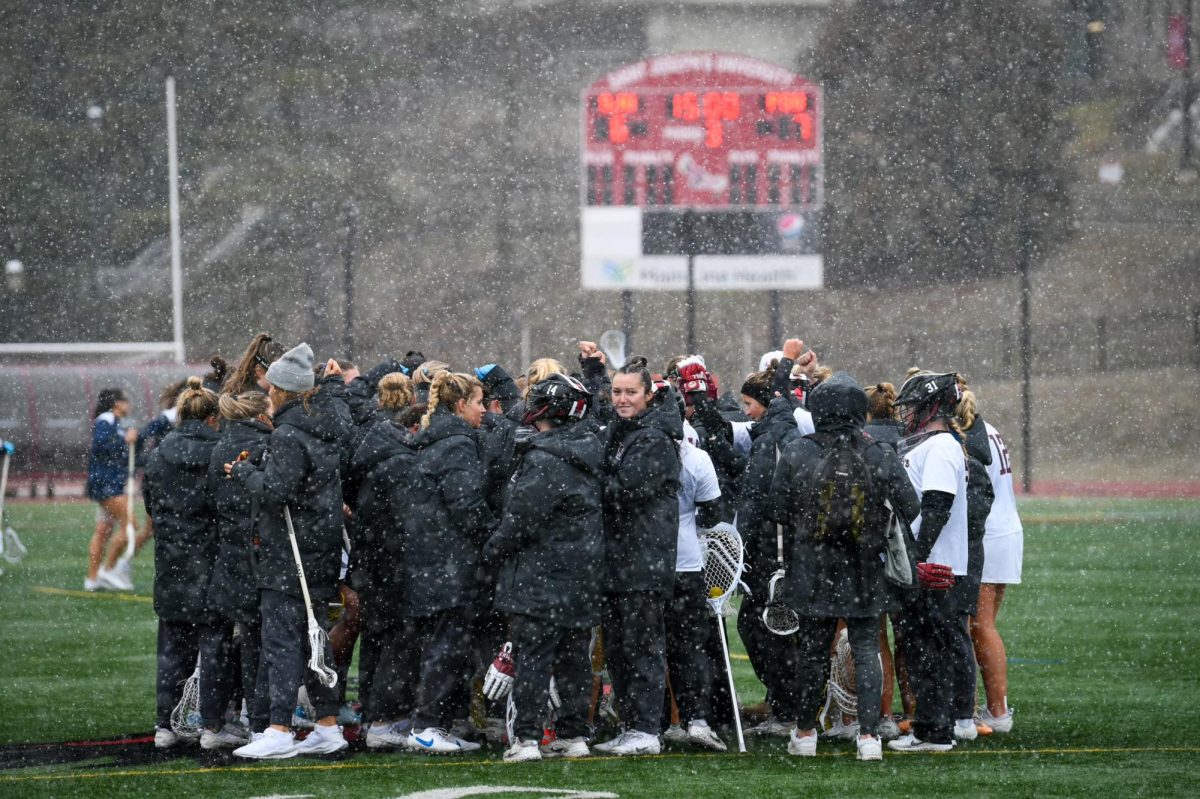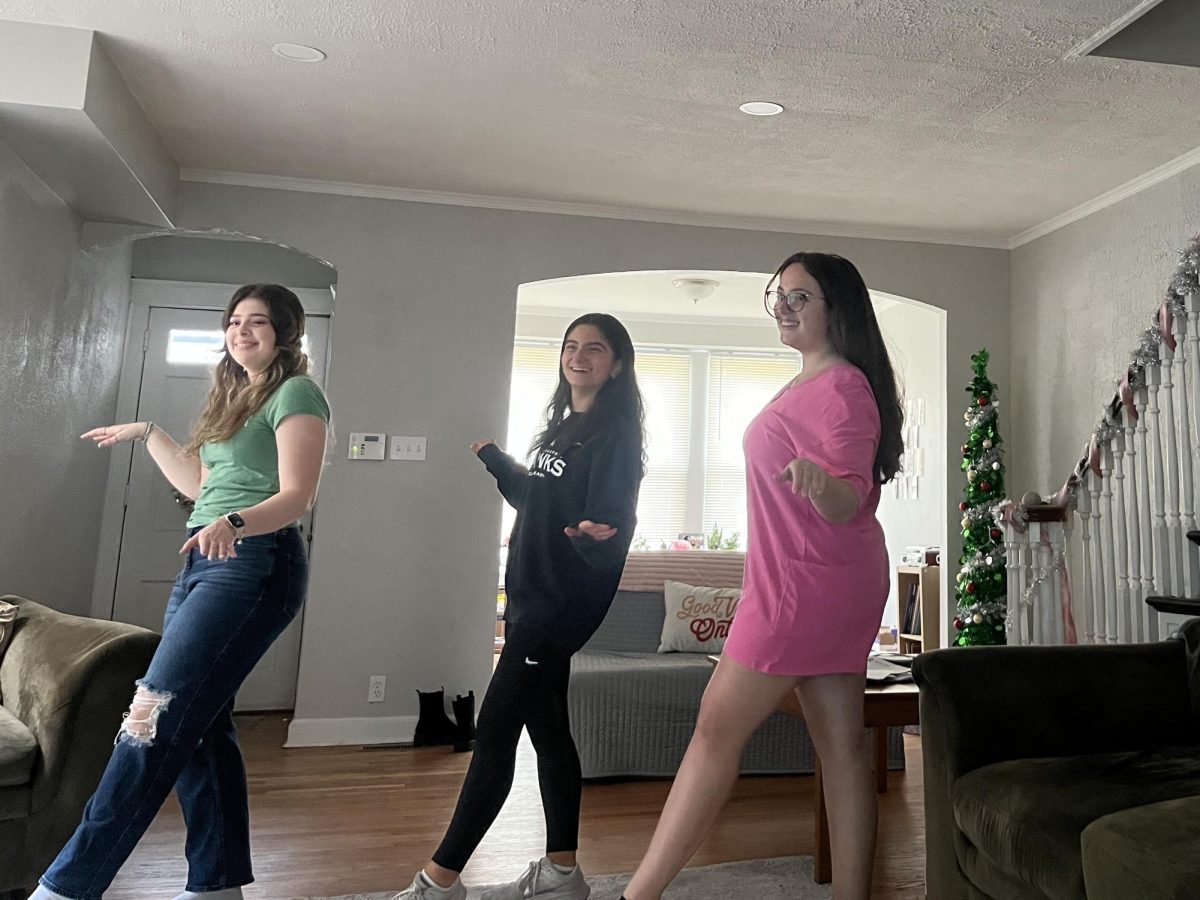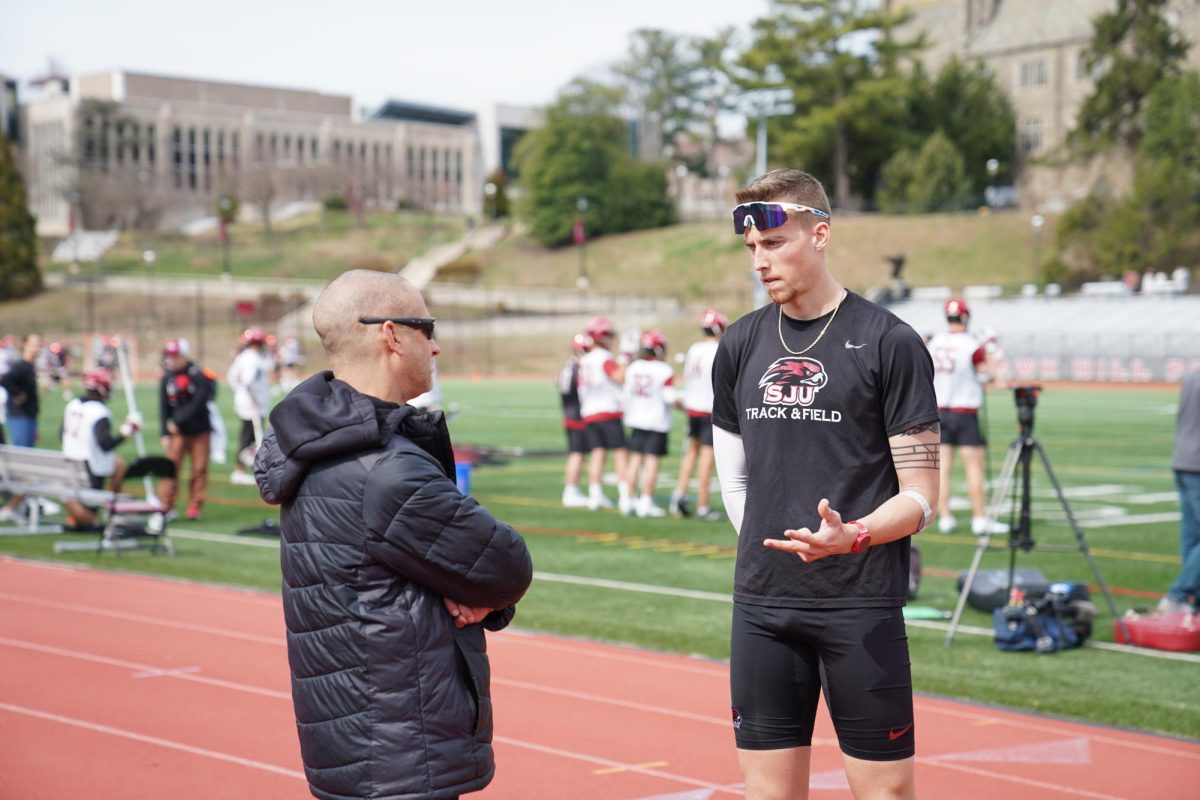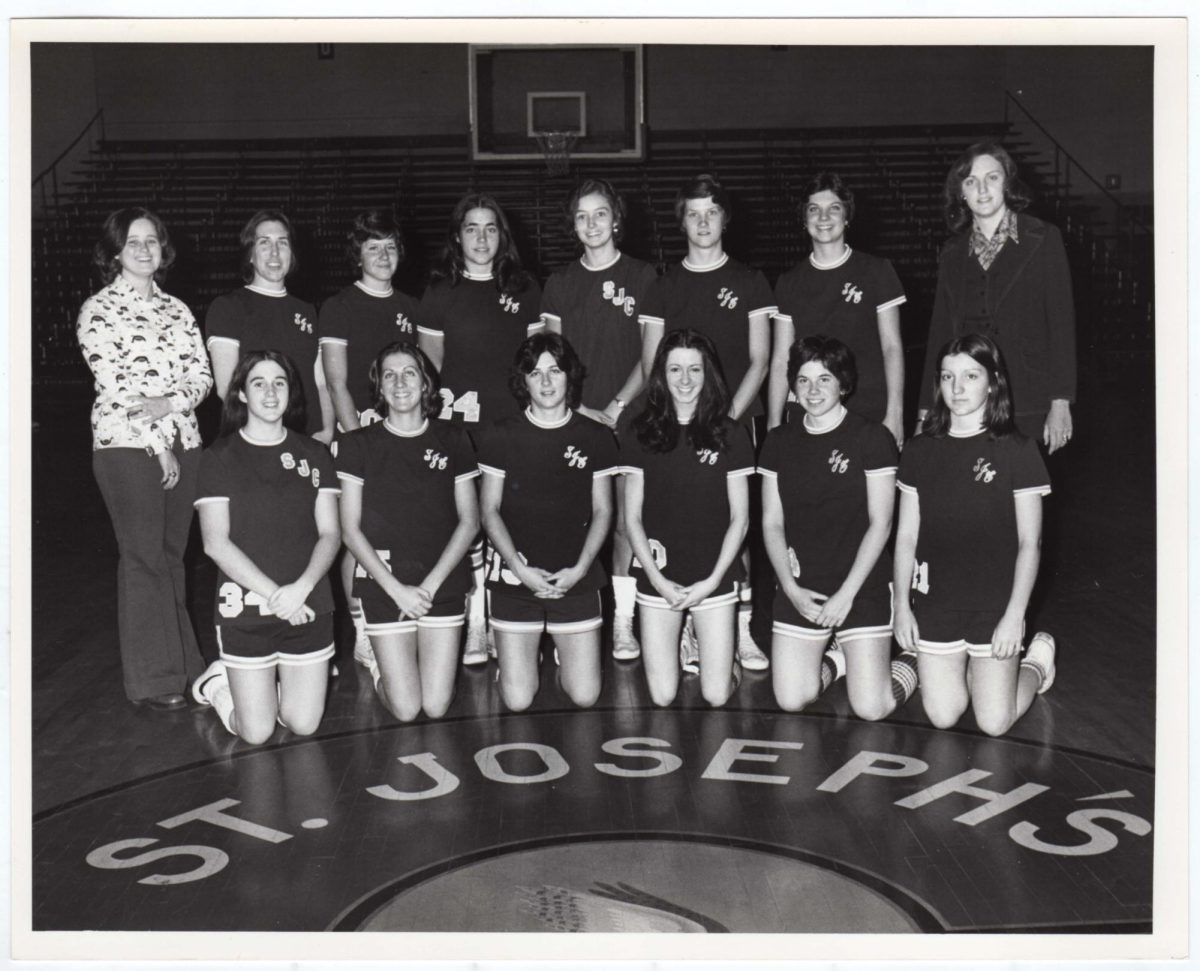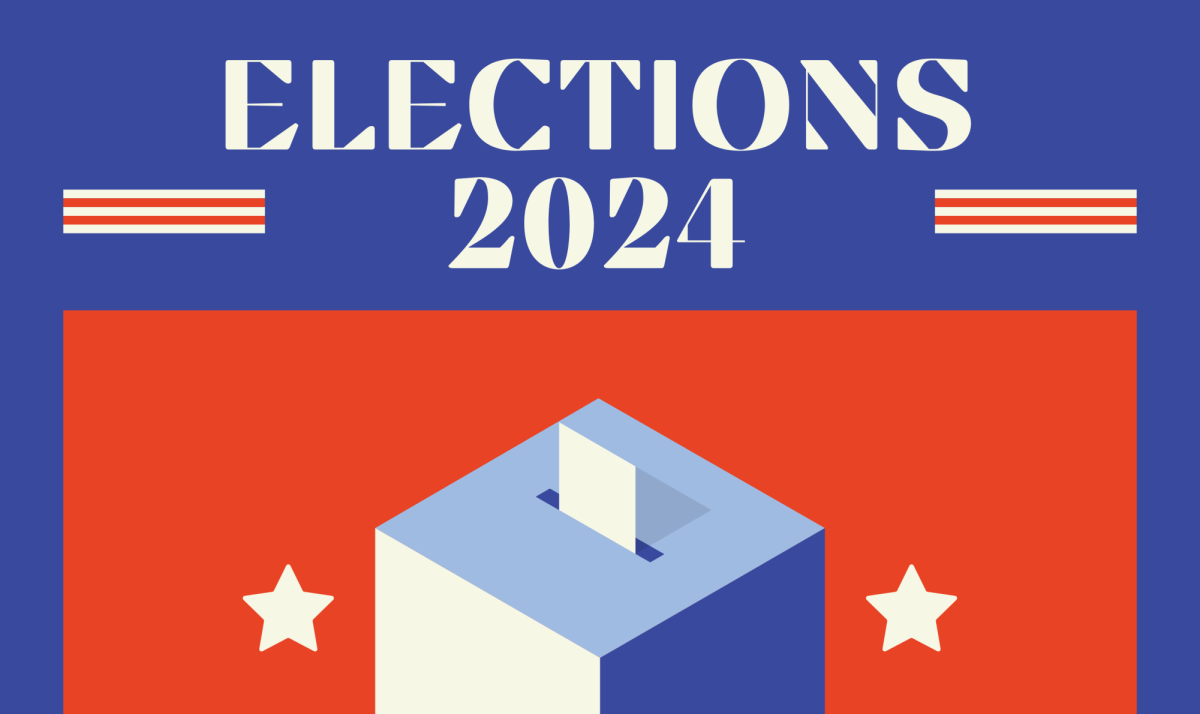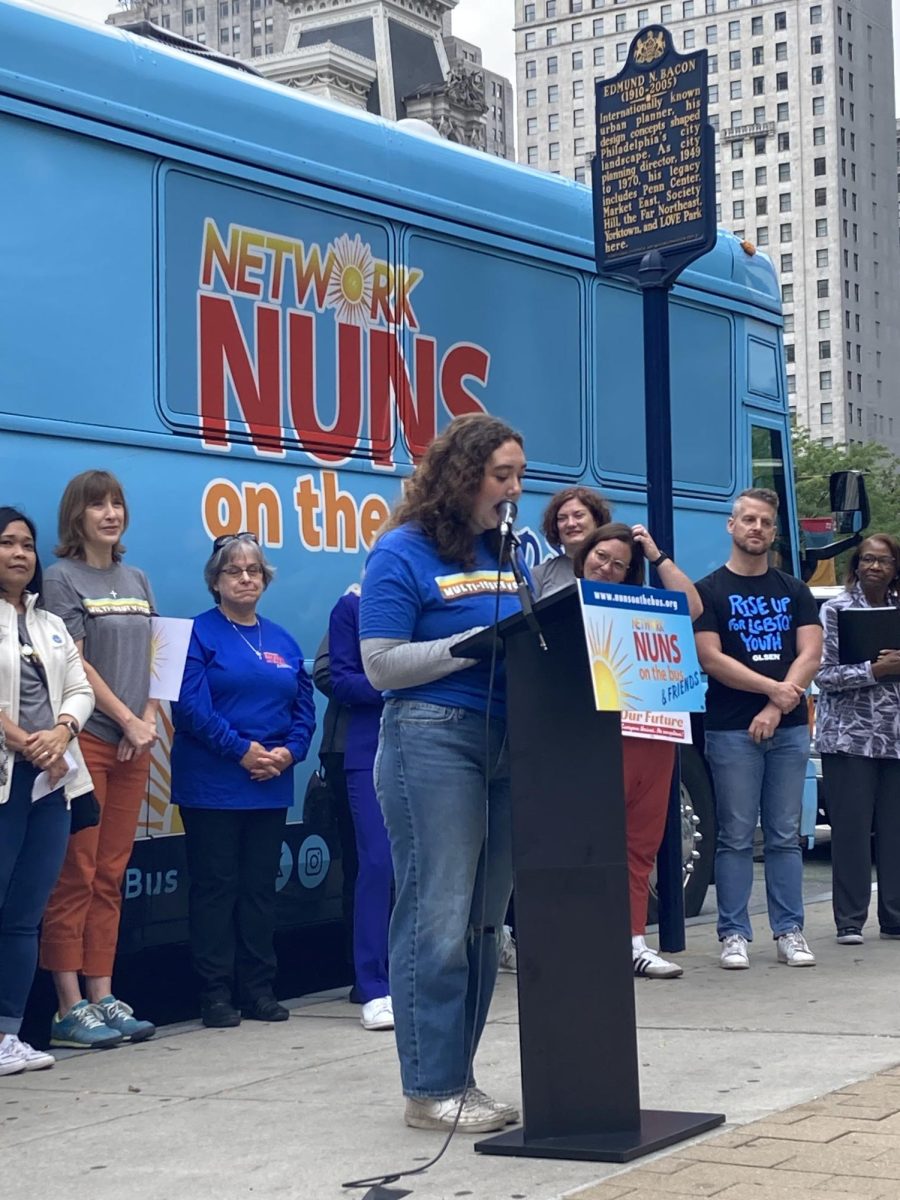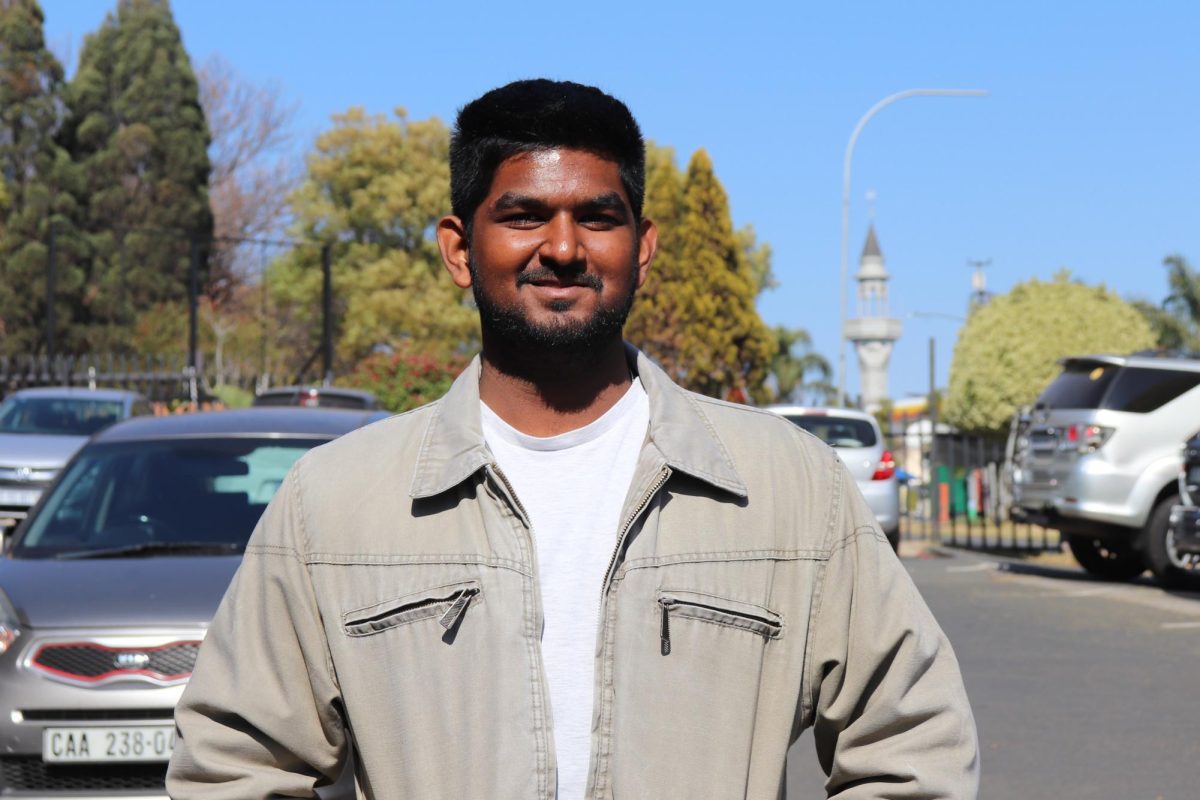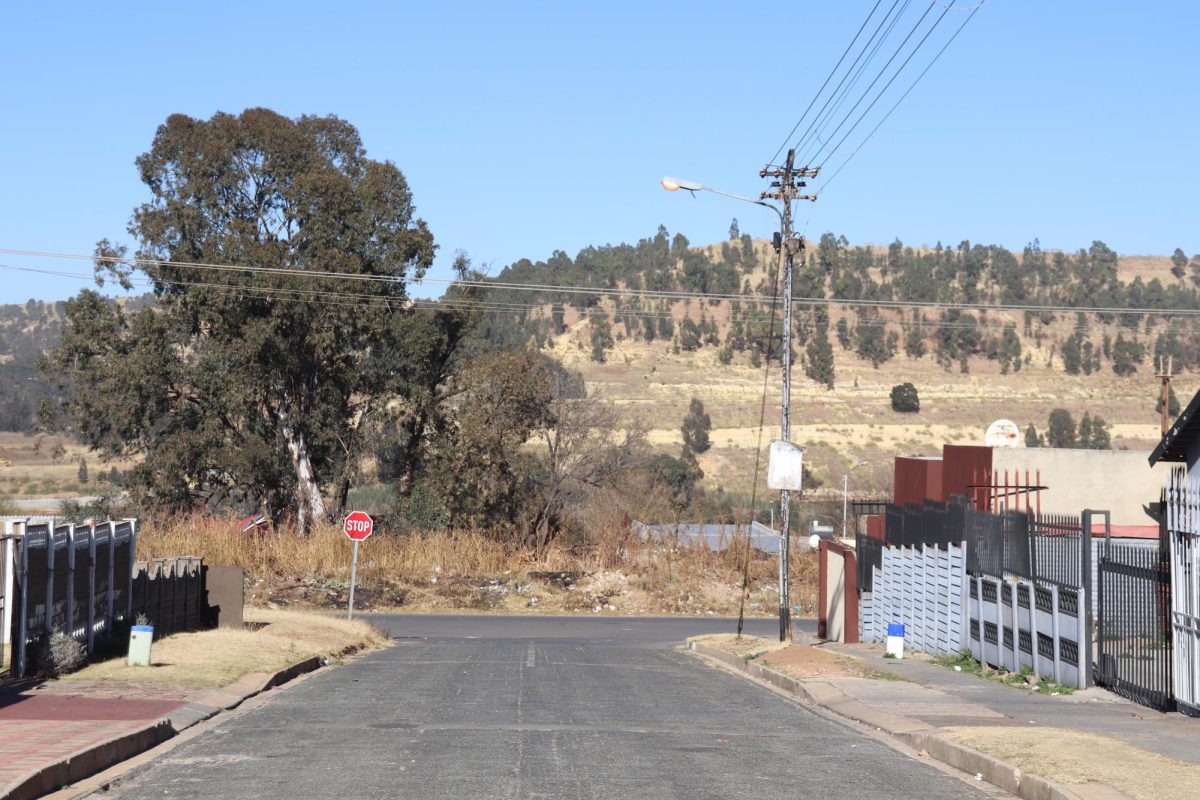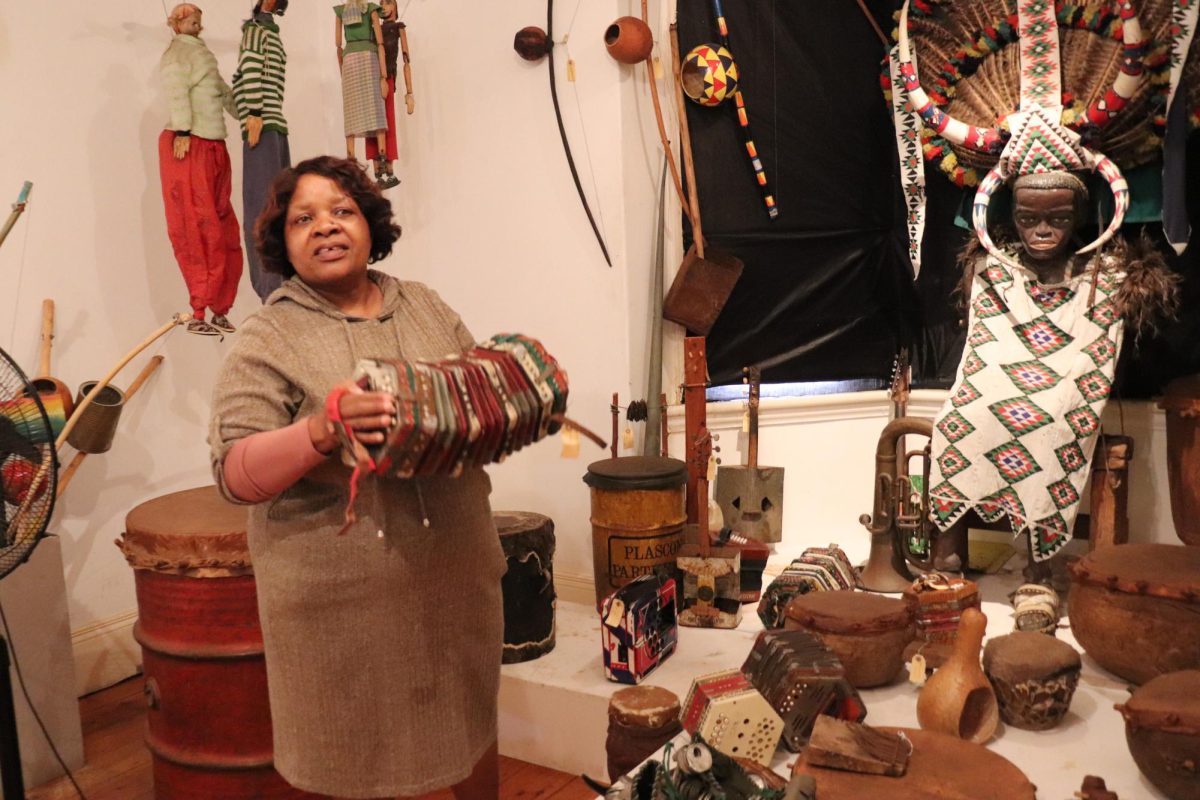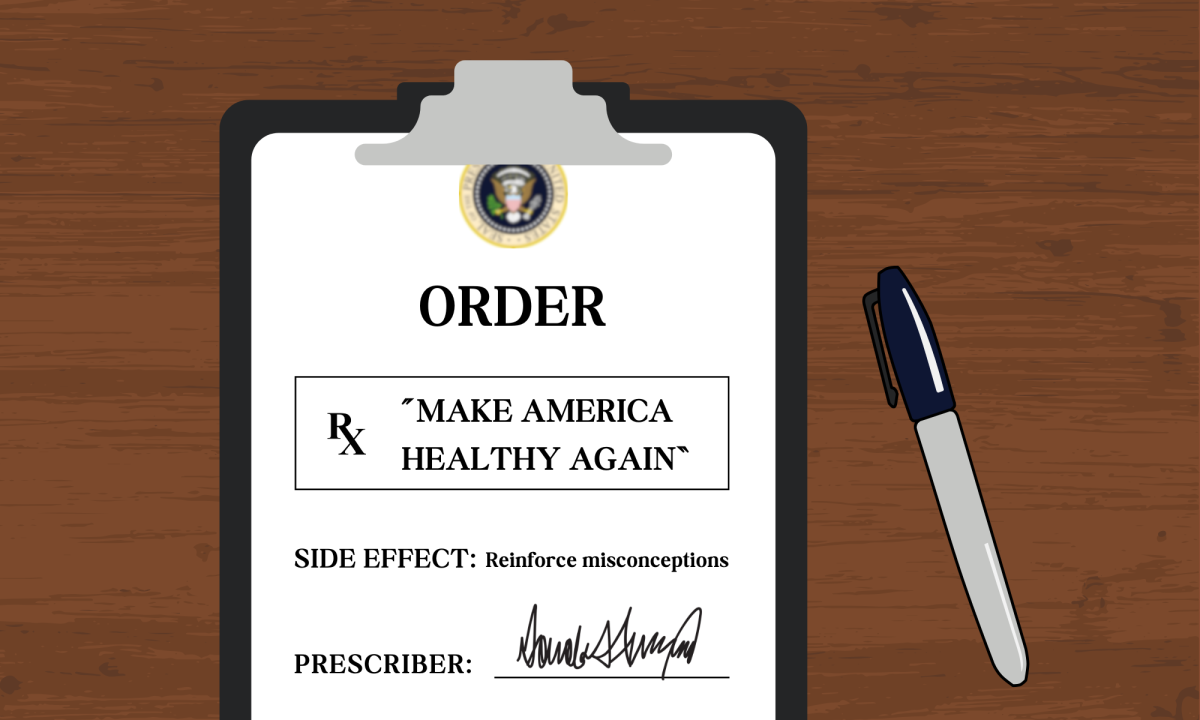A perspective of how to address black people and why
Black or African American? Some people prefer to be called African American, others prefer to be called black, and some people don’t mind at all. To other people of color and white people, there isn’t much of a difference. To them, both descriptors seem to be the same, but to black and African American people, there’s a huge difference.
Before writing this article, I didn’t mind being called either, but there was a reason for that. My parents are from the Ivory Coast, which is in West Africa. I’ve been grateful enough to be able to visit at least once a year, and many of my family members still live there.
I know my roots in Africa. I’ve been there, and I’m part of the first generation in my family that was born in the U.S. Many black people don’t know their roots in Africa because they might not be able to trace their ancestry back that far.
I asked many of my friends how they felt about being called black or African American. A friend of mine, Khyla Jackson, who goes to Temple University, recently explained to me that her blackness stems from Africa, but not everyone else’s does.
Most of my friends preferred to be called black over African American because they, like many others, believe that being called black is more inclusive of the places that blackness can stem from.
Like Khyla said, not everyone’s blackness stems from Africa, meaning because of colonization not everyone has the opportunity to know their origins in Africa. When you say black, that includes all black people, including Haitians, Afro-Caribbeans and Afro-Latinx people. It is not exclusive of just people with origins in Africa who are also American; it is open to all people.
When I asked another friend, Jala Cosley, a first-year student here at St. Joe’s, about her thoughts about the term “African American,” she explained that when she thinks of the term she believes people are insinuating that black or African American people immigrated here. Jala explained that in the same way that someone says Irish American, Spanish American or even Italian American, there is the assumption that these were people who came to the U.S. willingly.
For Jala, it’s not right for someone to call black people African American if their family endured slavery in the U.S. Tere was no willing choice there.
And though many people were taken from Africa, the term African American doesn’t take into account that not all black and African American people were brought to America, they were also brought to countries all over the world.
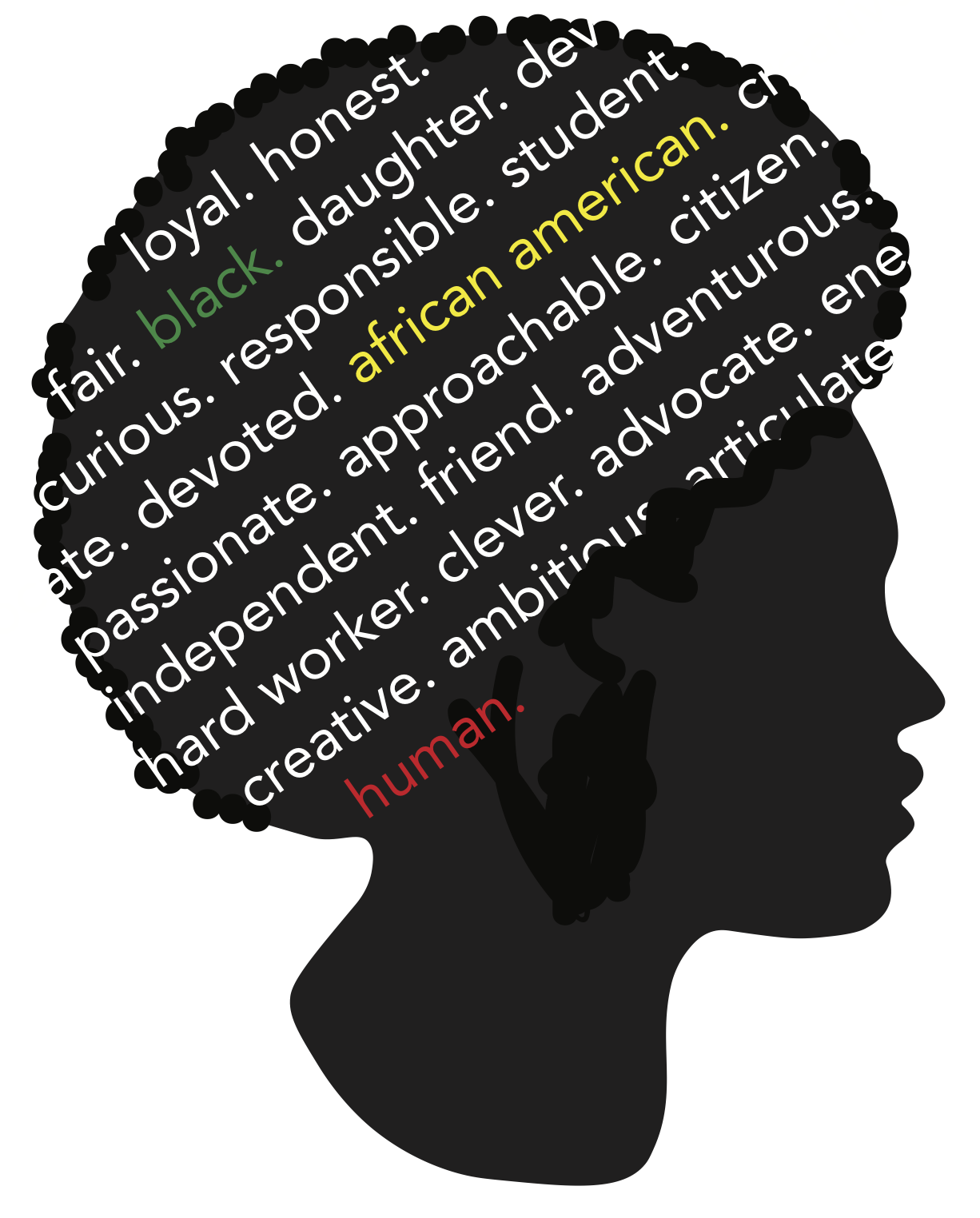
During the Transatlantic Slave Trade, there were so many enslaved people brought to many different countries, so there is no way to trace back to see exactly where in Africa they came from.
People who were taken from Africa and were brought to other countries don’t identify as African American because that isn’t their identity. They identify as Haitian American or Caribbean American, because that’s where their ancestors were taken as a result of the Transatlantic Slave Trade. This shows that black and African American people are still feeling the effects of the slave trade today, in more ways than one.
Black and African American people were kidnapped and taken all over the world. Many people aren’t able to trace their family history back to a time before slavery. And even if they could, many of them can’t just get up and go to their native country if they don’t know anyone there. Jala is right. When you say African American, it’s almost like forgetting the history of slavery or ignoring it.
While I formerly didn’t mind being called African American, the more I looked into the history behind it, the more I didn’t want to be called African American, despite my African heritage.
The term African American is another way to divide black people. It’s another way to differentiate some black people from other black people. It’s an excuse to say that African American people are more authentic than black people.
In reality, we are all black, we were all colonized, and at the end of the day, racist people won’t look at us thinking that one type of black or African American person is better than the other. We were are all viewed as inferior, and we are still viewed that way today.
For years, though, black and African American people were forcibly taken from their countries and sent to the U.S. and many other countries. They were never looked at as Americans. They were looked down upon, the lowest of the low.
And in many ways we are still looked down upon and still the lowest of the low. The term African American was coined from a long history of systematic racism. Being called black is more inclusive for all people, unlike African American which is exclusive to people with African ancestry.



